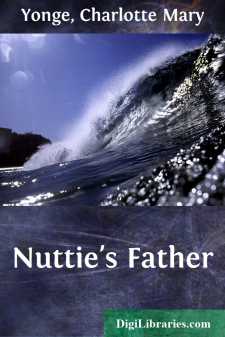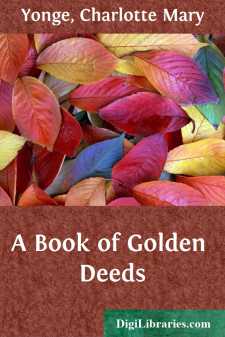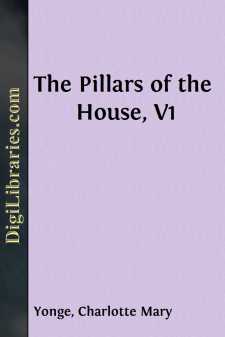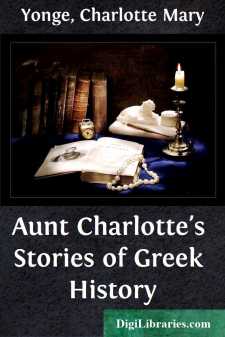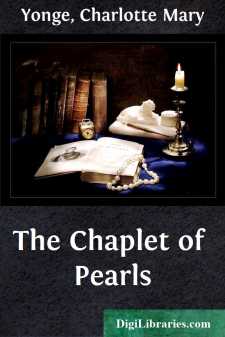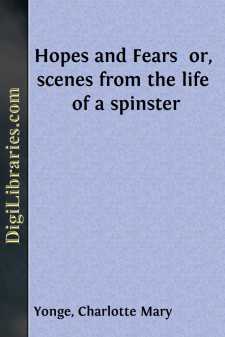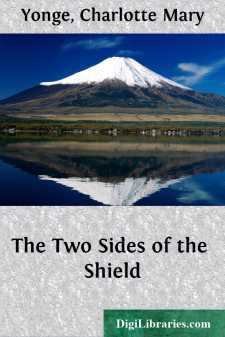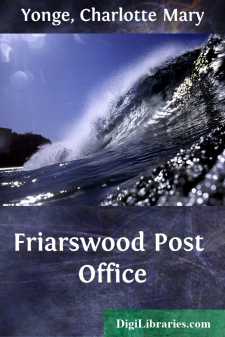Categories
- Antiques & Collectibles 13
- Architecture 36
- Art 48
- Bibles 22
- Biography & Autobiography 813
- Body, Mind & Spirit 142
- Business & Economics 28
- Children's Books 14
- Children's Fiction 11
- Computers 4
- Cooking 94
- Crafts & Hobbies 4
- Drama 346
- Education 46
- Family & Relationships 57
- Fiction 11829
- Games 19
- Gardening 17
- Health & Fitness 34
- History 1377
- House & Home 1
- Humor 147
- Juvenile Fiction 1873
- Juvenile Nonfiction 202
- Language Arts & Disciplines 88
- Law 16
- Literary Collections 686
- Literary Criticism 179
- Mathematics 13
- Medical 41
- Music 40
- Nature 179
- Non-Classifiable 1768
- Performing Arts 7
- Periodicals 1453
- Philosophy 64
- Photography 2
- Poetry 896
- Political Science 203
- Psychology 42
- Reference 154
- Religion 513
- Science 126
- Self-Help 84
- Social Science 81
- Sports & Recreation 34
- Study Aids 3
- Technology & Engineering 59
- Transportation 23
- Travel 463
- True Crime 29
Nuttie's Father
Categories:
Description:
Excerpt
CHAPTER I.
'For be it known
That their saint's honour is their own.'—SCOTT.
The town of Micklethwayte was rising and thriving. There were salubrious springs which an enterprising doctor had lately brought into notice. The firm of Greenleaf and Dutton manufactured umbrellas in large quantities, from the stout weather-proof family roof down to the daintiest fringed toy of a parasol. There were a Guild Hall and a handsome Corn Market. There was a Modern School for the boys, and a High School for the girls, and a School of Art, and a School of Cookery, and National Schools, and a British School, and a Board School, also churches of every height, chapels of every denomination, and iron mission rooms budding out in hopes to be replaced by churches.
Like one of the animals which zoologists call radiated, the town was constantly stretching out fresh arms along country roads, all living and working, and gradually absorbing the open spaces between. One of these arms was known as St. Ambrose's Road, in right of the church, an incomplete structure in yellow brick, consisting of a handsome chancel, the stump of a tower, and one aisle just weather-tight and usable, but, by its very aspect, begging for the completion of the beautiful design that was suspended above the alms-box.
It was the evening of a summer day which had been very hot. The choir practice was just over, and the boys came out trooping and chattering; very small ones they were; for as soon as they began to sing tolerably they were sure to try to get into the choir of the old church, which had a foundation that fed, clothed, taught, and finally apprenticed them. So, though the little fellows were clad in surplices and cassocks, and sat in the chancel for correctness sake, there was a space round the harmonium reserved for the more trustworthy band of girls and young women who came forth next, followed by four or five mechanics.
Behind came the nucleus of the choir—a slim, fair-haired youth of twenty; a neat, precise, well-trimmed man, closely shaven, with stooping shoulders, at least fifteen years older, with a black poodle at his heels, as well shorn as his master, newly risen from lying outside the church door; a gentle, somewhat drooping lady in black, not yet middle-aged and very pretty; a small eager, unformed, black-eyed girl, who could hardly keep back her words for the outside of the church door; a tall self-possessed handsome woman, with a fine classical cast of features; and lastly, a brown-faced, wiry hardworking clergyman, without an atom of superfluous flesh, but with an air of great energy.
'Oh! vicar, where are we to go?' was the question so eager to break forth.
'Not to the Crystal Palace, Nuttie. The funds won't bear it. Mr. Dutton says we must spend as little as possible on locomotion.'
'I'm sure I don't care for the Crystal Palace. A trumpery tinsel place, all shams.'
'Hush, hush, my dear, not so loud,' said the quiet lady; but Nuttie only wriggled her shoulders, though her voice was a trifle lowered....


